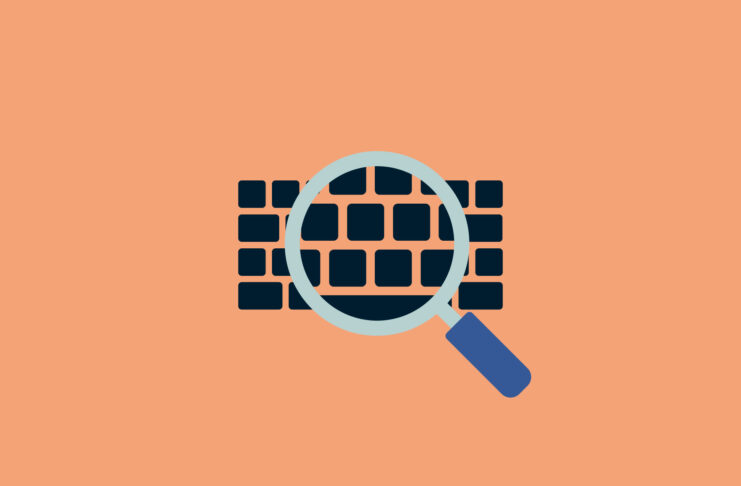With just a few clicks, you can vastly improve your online privacy. Here are some tips for the popular Firefox browser—and you don’t have to install a thing.
First up, open the Firefox settings by clicking on the hamburger menu in the top right corner. Now click Preferences/Options > Privacy & Security.
Alternatively, you can also paste about:preferences#privacy into the address bar.

1. Choose what history to save

By default, Firefox will remember your browsing history and keep cookies from the websites you visit. Here are some options to improve this:
Recommended:
- Under History, select Use custom settings for history from the drop-down
- Uncheck the box Remember search and form history, because websites can use it to gather our private data sneakily
- Accept cookies from websites, but select Never for third-party websites
- For cookies, choose until I close Firefox from the drop-down
Optional:
- If you prefer to stay logged into some services, select to keep cookies until they expire
- You can further customize what cookies you keep under Exceptions…, for example, if there are some services that you trust
- If you tick Clear history when Firefox closes, you can select Settings to choose which data to keep when you close Firefox
2. Enable tracking protection
![]()
You can make use of Firefox’s inbuilt anti-tracking tool if you do not trust third-party adblockers, like uBlock origin.
Recommended:
- Always use tracking protection: In the option Change Block List… enable the more restrictive Disconnect.me strict protection
- Back on the main Privacy & Security screen, select Always Do Not Track signal, in the hope it gets respected
Optional:
- Always use tracking protection, but keep the default block list
3. Make sure the permissions are up to date

Check that you have not given websites access to your microphone or camera by clicking on Settings… next to them. If you have, be sure to review what has access, and decide whether you want to remove these.
Recommended:
- Never give a site permission to use your camera or microphone, unless you really have to (e.g., for a video chat. And after the chat is over, remove the permissions again)
4. Say no to Firefox data collection and use

We understand that knowing more about how their users behave and use their product makes it easier for Mozilla to build a good web browser. But if you are worried about powerful actors, these error messages can be used against you to identify weaknesses in your system and the data you are using.
Recommended:
- Do not share information. Instead, donate to the Mozilla Foundation—you can even send bitcoin anonymously.
5. Change your default search engine to Duckduckgo

Google does not respect your privacy. Their business model is incompatible with your ability to retain control over your own data. We love Duckduckgo, and we think it should be your default search engine.
Recommended:
- Make Duckduckgo your default search engine: On the left menu, click Search, or directly navigate to about:preferences#search
Optional:
- Create shortcuts for other search engines you use, for example, g for Google or w for Wikipedia. That way, if you really need to search something on Google, you can search “g ExpressVPN,” and Firefox will direct you to the Google search for ExpressVPN. Type in “w internet privacy” and you’ll end up directly at the Wikipedia article for internet privacy.
Privacy is not a binary setting
It can be difficult to be fully aware of what information we give up, and the plenty of tools that exist to help us manage this flow of information can be ineffective or even deceptive.
Sometimes, like in the case of browsers, we are by default pushed into agreements that might not meet our need for privacy. Good browsers allow us to fine-tune this agreement and protect ourselves with just a few clicks.
Your browsing experience will change depending on what settings you choose, what cookies you retain, and what resources you block.




























great tips. that fox is soooo cute.